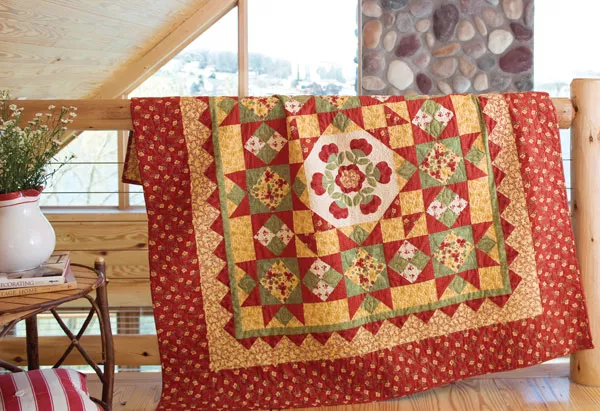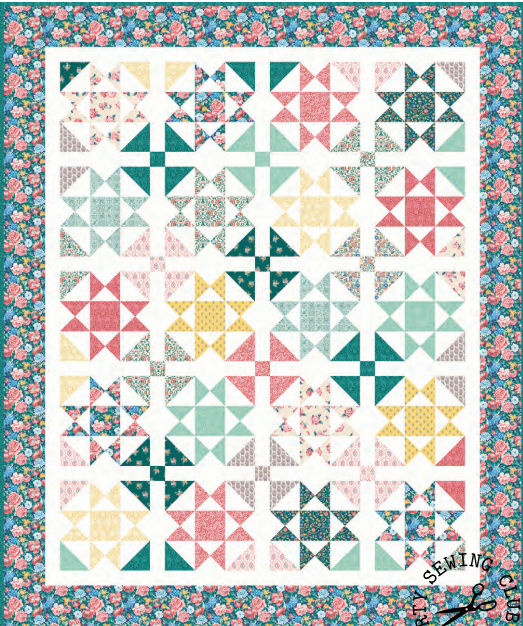
Unleashing Creativity with Stripes & Herringbone: A Quilt Adventure
Join Anna as she explores the delightful Stripes & Herringbone quilt pattern, perfect for confident beginners ready to level up their quilting skills!
Unleashing Creativity with Stripes & Herringbone: A Quilt Adventure
Join Anna as she explores the delightful Stripes & Herringbone quilt pattern, perfect for confident beginners ready to level up their quilting skills!




